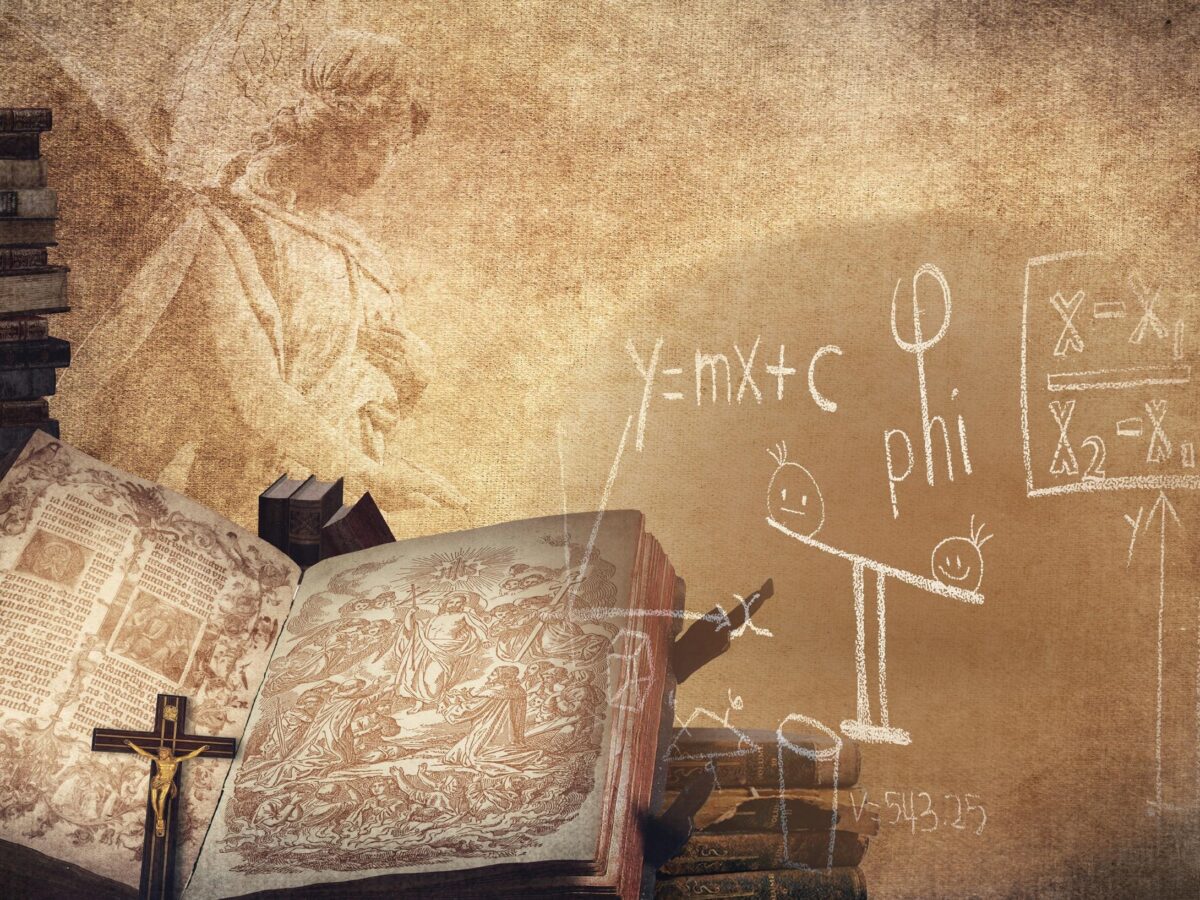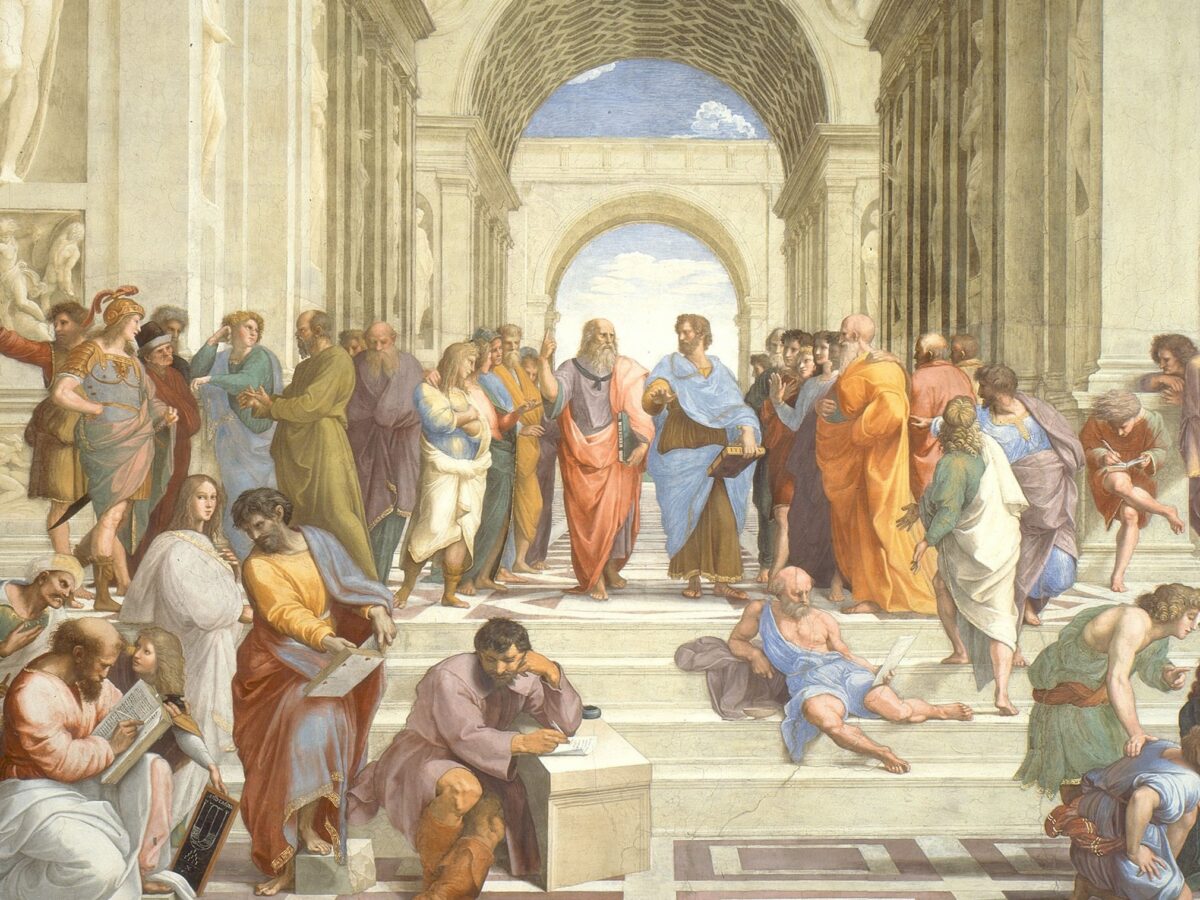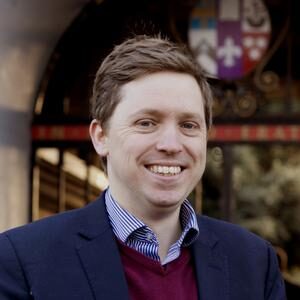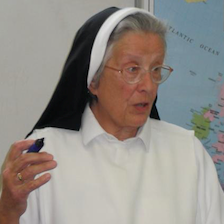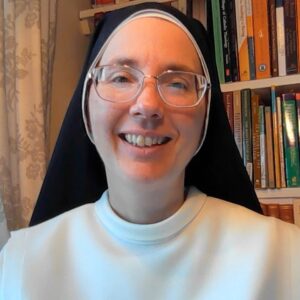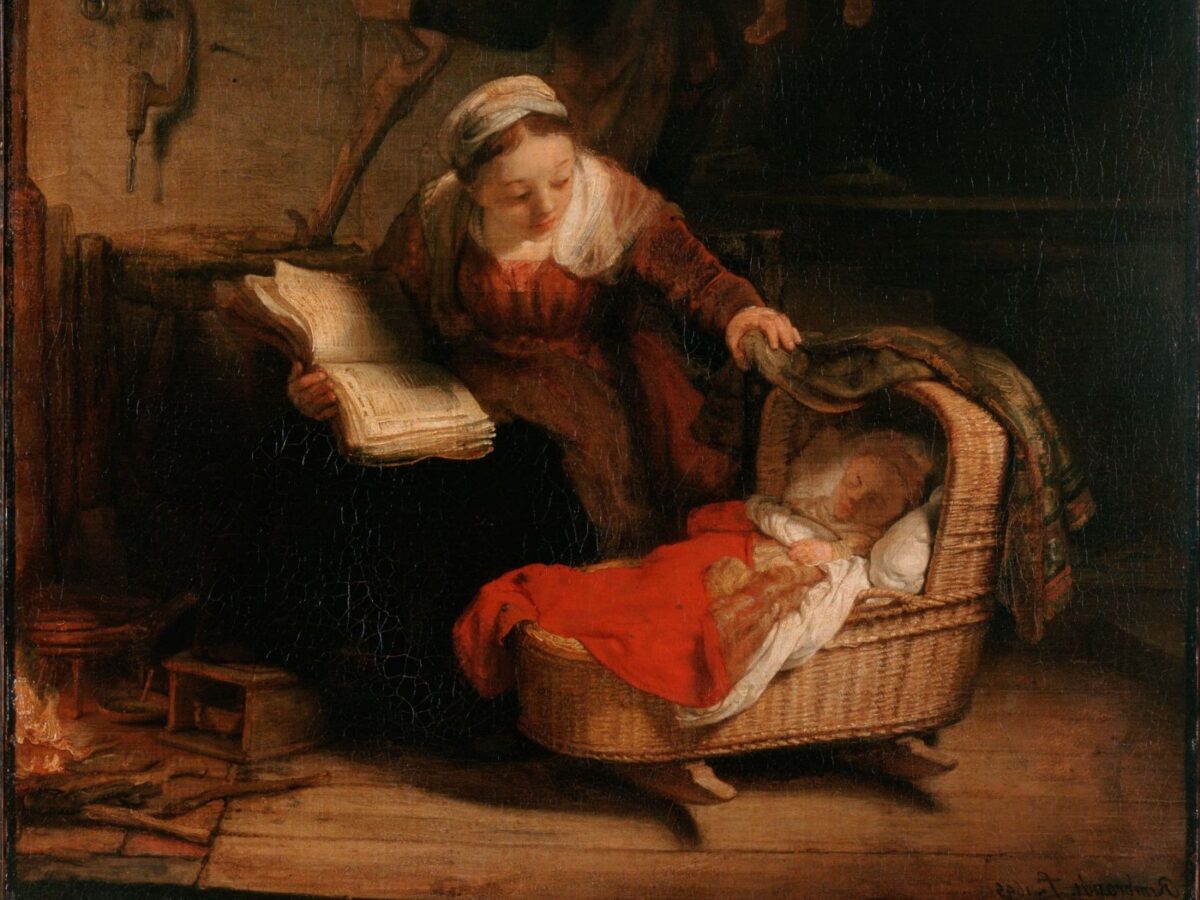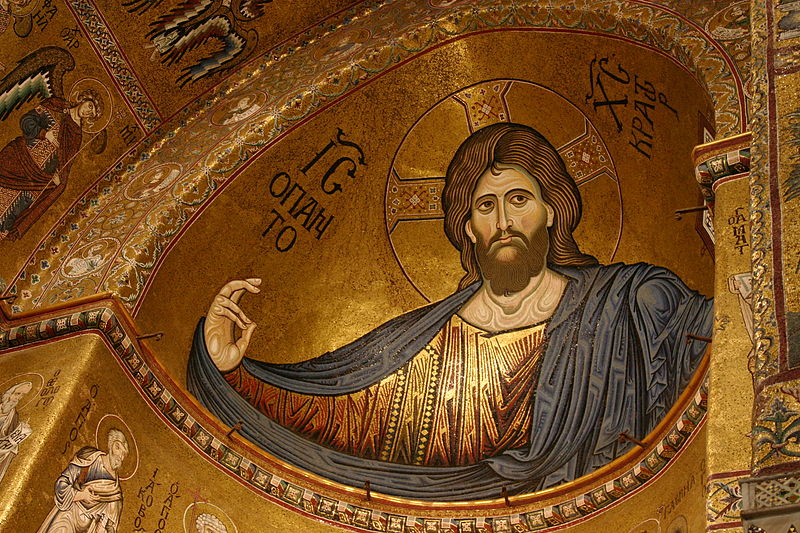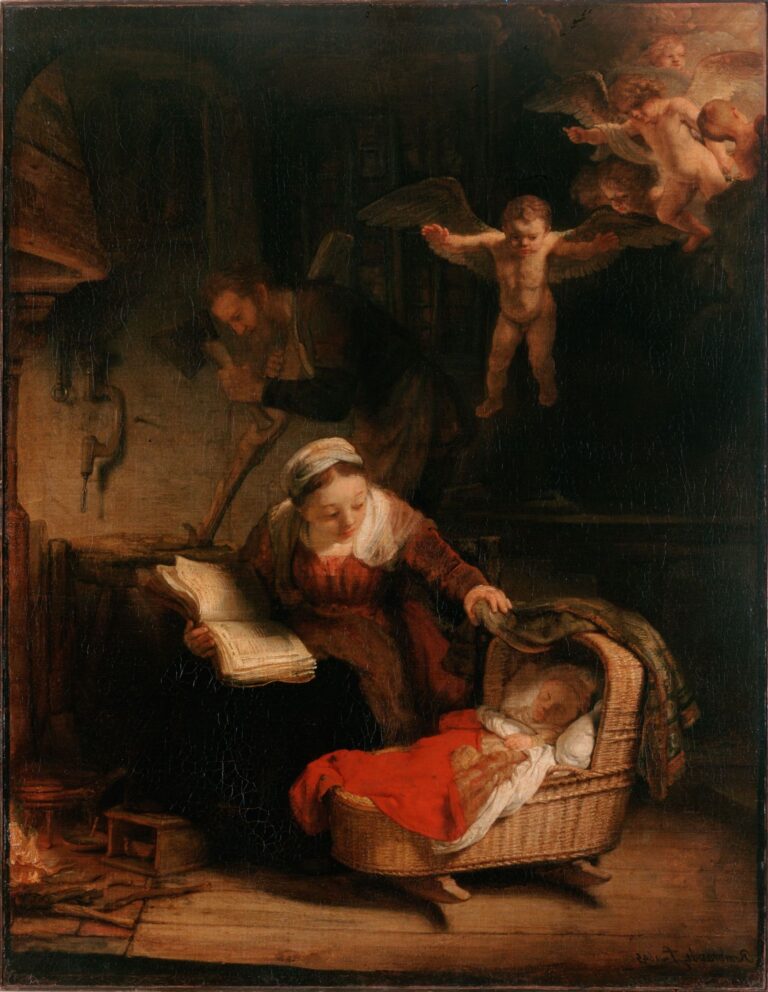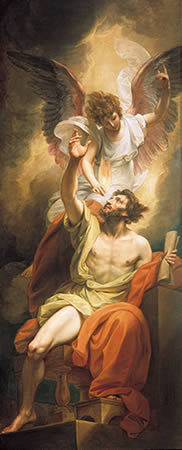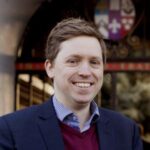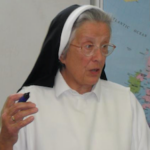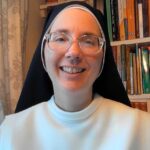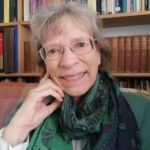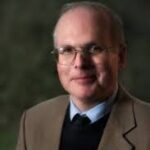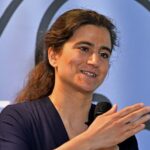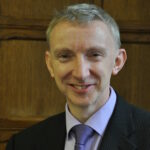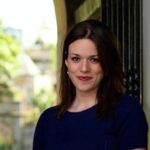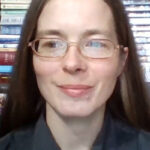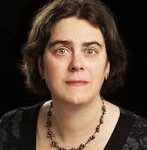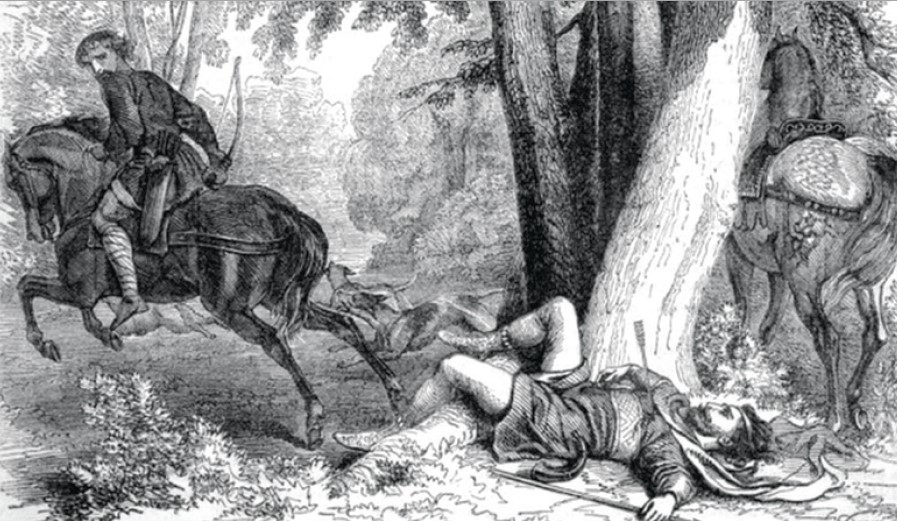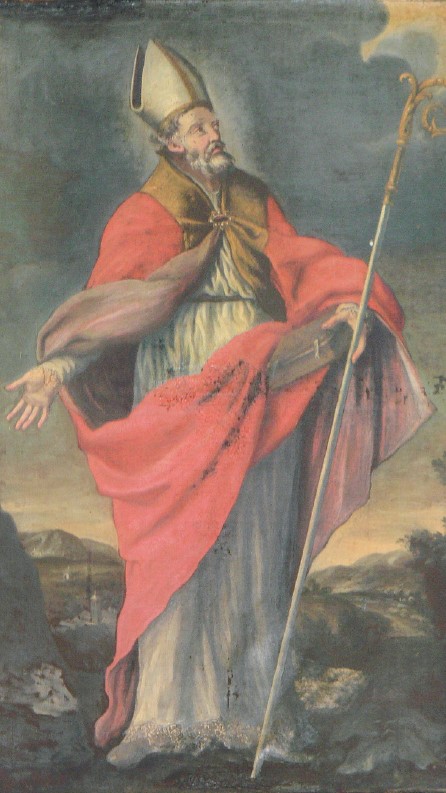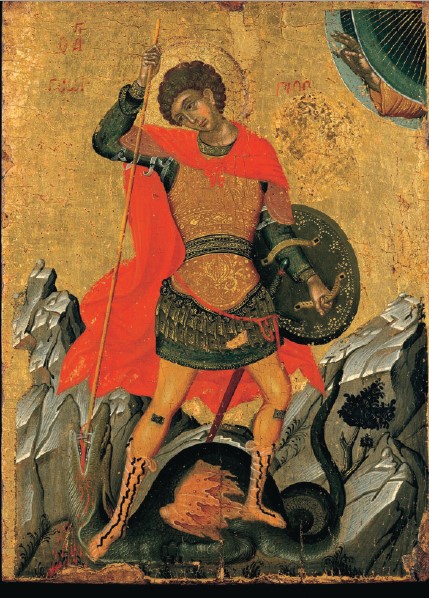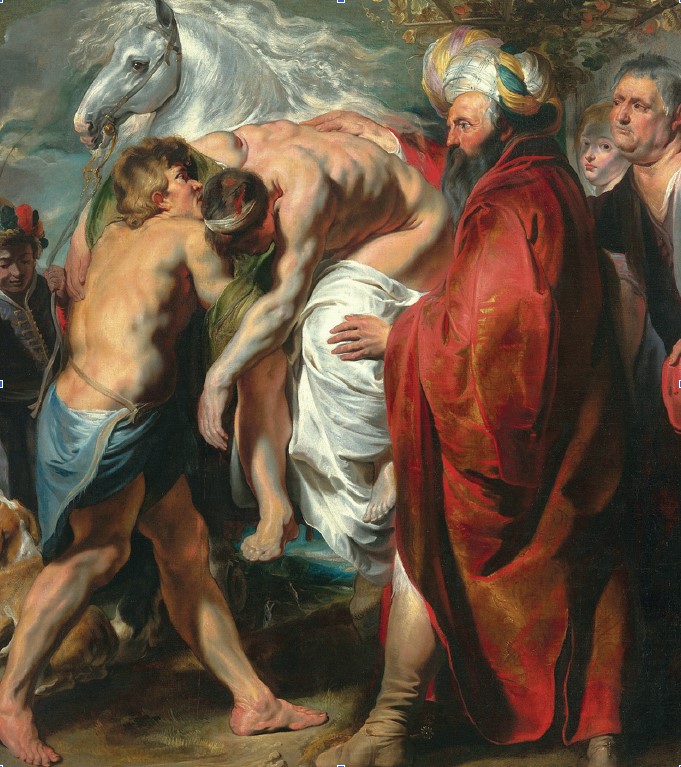Faith & Reason 2:
Catholicism & Contemporary Culture
[residential course]
4th -7th August 2022
Approaches to truth, sacramentality and the symbolic in Catholicism and contemporary culture
The second in the Faith & Reason series of courses, exploring the rationality of the Catholic faith in today’s world
This short course examines some of the philosophical foundations of the Catholic faith, including the concept of truth and sacramentality, and explores how these shape the Church’s understanding of itself, of the Eucharist, of the Arts and of the Common Good.
The course offers a comparison with approaches to these themes that arise from modern and post-modern philosophical currents.
Participants benefit from 8 lectures and a workshop, a closing general Q&A session and time for reflection and discussion.
Opportunities for Mass and communal prayer will be offered, as well as plenty of social time with a well-stocked bar!
Course topics
- What is Truth? Contemporary Secularism vs Catholicism
- Truth in the Public Square: Ideas & Ideologies
- The New Atheists: Faith without Religion
- Faith & the Arts: Reflecting the True, the Good & the Beautiful
- Philosophical Foundations for Sacramentality
- The Church and the Eucharist: One Faith, One Body
- Societal Truth: Discerning the Common Good
- Catechetical Pedagogy: Fundamentals of Communicating the Faith
Is this course for me?
The course requires no prior qualification or background in philosophy or theology, and is suited to anyone wanting to deepen their understanding of the Catholic faith, whether from within or without the Church.
In delivering a very practical approach to philosophical and theological themes and dealing with contemporary challenges to Catholicism, the course will be particularly helpful for:
- secondary-level teachers of RE
- catechists, especially those working with teenagers and adults
- leaders in educational or Church institutions
About the Faith & Reason series
Our Faith & Reason series consists of a cycle of three summer courses, which together provide a systematic overview of the fundamental themes of the Catholic faith. At the same time, these are approached in the context of contemporary culture and thinking, in order to prepare
Each of the Faith & Reason courses is entirely standalone and does not require attendance at the other courses.
The courses nonetheless offer a progression through the below three themes, whilst also providing some link-up material between each course:
F&R 1: Preparing a rational ground for faith and responding to perceived challenges to faith from philosophical and scientific viewpoints
F&R 2: Identifying and responding to underlying philosophical differences between the Catholic and secular conceptions of reality
F&R 3: the lived-out dimension of the Catholic faith, with its moral and sacramental dynamic
Meet our tutors
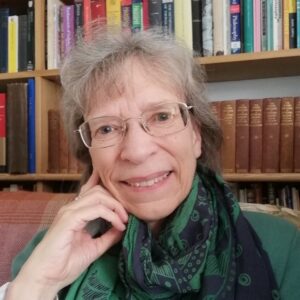 Dr Caroline Farey has taught catechesis, theology and philosophy for many years throughout the English-speaking world. In 2017 she was appointed by the Pontifical Council for the New Evangelisation to the working party for the General Directory for Catechesis, and in 2012 she was appointed by the Vatican as one of the lay experts at the Synod on the New Evangelisation. Dr Farey taught at St Mary’s Seminary Oscott and the Maryvale Institute, before working in Evangelisation and Catechesis for several UK dioceses. She has licentiates in both philosophy and theology, besides a doctorate in philosophy, from pontifical institutes.
Dr Caroline Farey has taught catechesis, theology and philosophy for many years throughout the English-speaking world. In 2017 she was appointed by the Pontifical Council for the New Evangelisation to the working party for the General Directory for Catechesis, and in 2012 she was appointed by the Vatican as one of the lay experts at the Synod on the New Evangelisation. Dr Farey taught at St Mary’s Seminary Oscott and the Maryvale Institute, before working in Evangelisation and Catechesis for several UK dioceses. She has licentiates in both philosophy and theology, besides a doctorate in philosophy, from pontifical institutes.
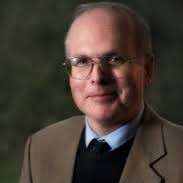
Dr Andrew Beards is a lecturer in philosophy at Allen Hall, London. For over thirty years he has lectured in Philosophy and Theology in Canada and the UK. Andrew has published work in academic journals and is the author of books, including Objectivity and Historical Understanding, (Brookfield. VA & Aldershot: Ashgate, 1997), Method in Metaphysics: (Toronto: University of Toronto Press, 2008), Insight and Analysis, (New York and London: Continuum, 2010), Philosophy the Quest for Truth and Meaning, (Collegeville, Minn: Liturgical Press, 2010) and Lonergan, Meaning and Method: Philosophical Essays, (New York and London: Bloomsbury Academic, 2016)
About the venue
Theodore House offers a wonderful venue for any residential course. The tranquil and beautiful surroundings of the Stonyhurst estate offer a peaceful setting with endless opportunities for walks. Guests will enjoy the comfortable recreational spaces and a beautifully lanscaped garden.
For more information about Theodore House, please click here.
Timings
- Arrivals from 3pm (Thursday)
- Course commences at 6pm (Thursday)
- Departures after lunch (Sunday)
Cost
Single room: £295 p.p.*
Twin room (sharing): £245 p.p.*
Non-residential, (includes lunch and dinner): £185 p.p.
*Costs include full board from Thursday dinner to Sunday lunch inclusive.
Deposit payments are ordinarily non-refundable.
Please register below (includes £50 p.p. deposit payment):
![]()
Venue:
![]()

